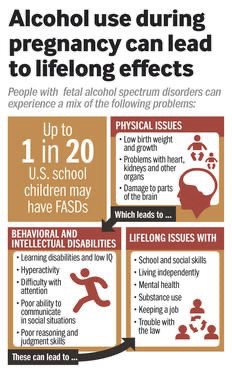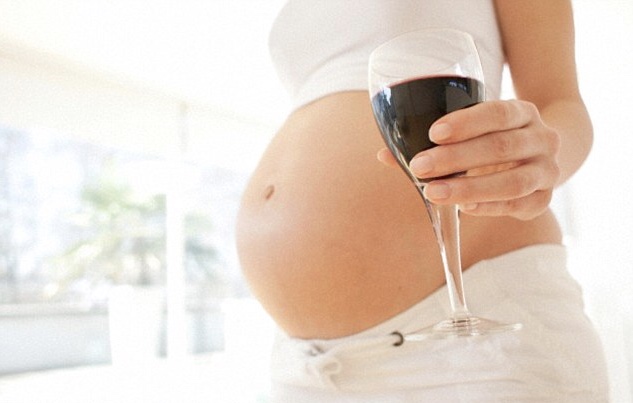
Overview
Alcohol abuse causes a myriad of health side effects during pregnancy. This habit interferes with physiological organogenesis, which leads to various birth defects.
To treat pregnant women who are dealing with alcohol abuse, specialized care is warranted to cover the needs of patients.
Unfortunately, and despite the severity of this phenomenon, alcohol abuse during pregnancy is not uncommon, which is why healthcare officials and governments are funding millions of dollars every year to increase awareness of this condition and reduce its incidence.
A major factor that contributes to this issue is the date on which the pregnancy is discovered. Oftentimes, women don’t realize they are pregnant until 4-6 weeks post-conception, with more than 50% unplanned pregnancies.
To counter this effect, women are advised to stop drinking alcohol as soon as they start planning to get pregnant.
In some cases, the woman has no idea that’s she’s pregnant while also dealing with alcohol addiction, which complicates the situation.
In this article, we will cover all the information you need to know about the relationship between pregnancy and alcoholism, as well as the treatment approach to address this issue.
What is alcohol addiction?
Similar to other types of addictive substances, alcohol has a powerful ability to stimulate the pleasure center of the brain (a.k.a. nucleus accumbens).
This group of cells gets activated by numerous activities, including exercise, sexual intercourse, reactional drugs, alcohol, and more.
Unfortunately, alcohol and drugs have the chemical properties that make them addictive to the brain because they stimulate the nucleus accumbens intensively for a short period of time.
Therefore, patients find themselves in a state of psychological and physical dependence to the triggering substance.
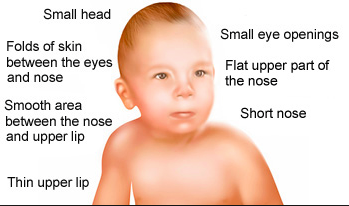
Fortunately, experts have developed several management plans that are based on historical and modern theories, hypotheses, studies, and experiments to deal with addiction.
For pregnant women, the care is highly specialized since these patients are particularly prone to complications, hence the need for physical, social, and psychological care.
The effects of alcohol on the fetus
Alcohol interferes with various physiological processes that occur during the intrauterine phase and after birth. This leads to a rich clinical presentation that’s highly non-specific and challenging to diagnose without a comprehensive history from the mother.
The collection of signs and symptoms associated with pregnancy and alcohol abuse are referred to as fetal alcohol syndrome (FAS), or fetal alcohol spectrum disorder (FASD).
FAS, or FASD, describes a number of alcohol-induced complications that take place during pregnancy, which according to the American Pregnancy Association, affects around 40,000 newborns every year in the United States alone.
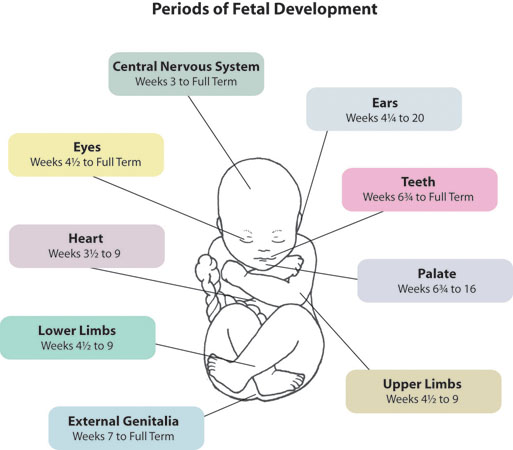
However, an important number of pregnancies will undergo a miscarriage or stillbirth under the effect of alcohol.
The reason fetuses are susceptible to the notorious effects of alcohol is due to the underdevelopment of the liver, which is typically responsible for the metabolism of all toxins.
Another reason that makes alcohol harmful to the baby is the free passage of this molecule through the placenta. In other words, the same amount of alcohol circulating in the mother’s bloodstream will be circulating in the fetus’.
Despite the seemingly straightforward pathophysiology, the signs and symptoms of fetal alcohol syndrome vary greatly in frequency and severity.
Here is the most common clinical presentation:
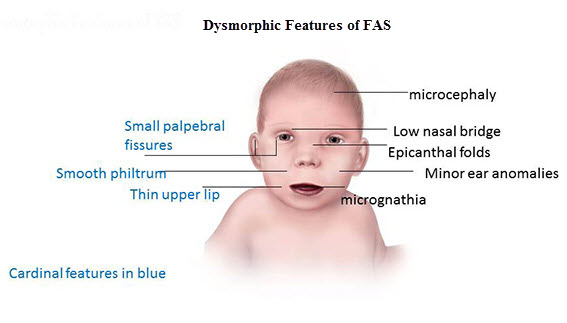
Postpartum adverse effects of alcohol on newborns
Contrary to popular belief, the complications of alcohol abuse during pregnancy do not end after delivery. The signs and symptoms could be seen even years after giving birth.
These might include:
Unfortunately, the negative impact of underdeveloped organs and other skills may disrupt the infant’s life even through adulthood.
As far as therapy goes, researchers have yet to discover a curative treatment for fetal alcohol syndrome, but some alternative management plans have been developed to mitigate the impact of these complications on the baby’s life.
Treatment options for alcohol abuse during pregnancy
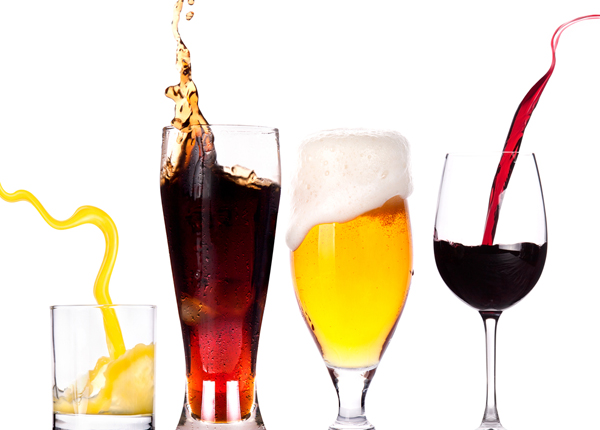
As mentioned above, the treatment of alcohol-induced complications for the baby is not a viable option with our current medical technology. However, managing the women who struggle with alcohol addiction during their pregnancies is by far the preferred option.
The reason behind this is the significantly lower cases of FAS when the right steps are implemented to address the addiction problems these women face.
The therapeutic approach to treat these women involves a multi-step process to cover various forms of psychotherapy and pharmacotherapy.
Here are the common therapies used:
Individual counseling – as the name implies, this treatment involves face-to-face counseling with a certified therapist to unveil the triggers that make the pregnant woman turn to alcohol. It will also cover the background of these triggers and the possible alternatives to distract the patient from the impulses.
Group therapy – this treatment focuses on gathering pregnant women who deal with alcohol or other substance addiction to share their stories, struggles, and the tips to get through the day.
Parenting classes – researchers believe this treatment is effective since it teaches the pregnant woman to be a mom, which allows her to realize what’s at stake if she loses control.
Mindfulness practice – studies proved the effectiveness of yoga and meditation in the treatment of all sorts of addiction, including alcohol abuse.
Prenatal care – similar to parenting classes, prenatal care makes the pregnant woman value her unborn baby, which will serve as a motivational shot to prevent relapses.
Medication-assisted treatment (MAT) – in some cases, women with severe alcohol addiction problems develop physical dependency, which manifests with several signs and symptoms. Consequently, doctors will need to use medication to ease up the process of withdrawal.
Takeaway message
Alcohol abuse carries many debilitating complications for the mother and her baby during the prenatal and postnatal phases.
This destructive habit wreaks havoc on most organ systems, especially the liver where alcohol is supposed to get metabolized and excreted.
To avoid this issue, more awareness campaigns and anti-addiction institutions need to be funded to educate pregnant women and help them get through this unsettling process.
Hopefully, this article helped you appreciate the potential damages alcohol can cause and ways to prevent this from happening.
